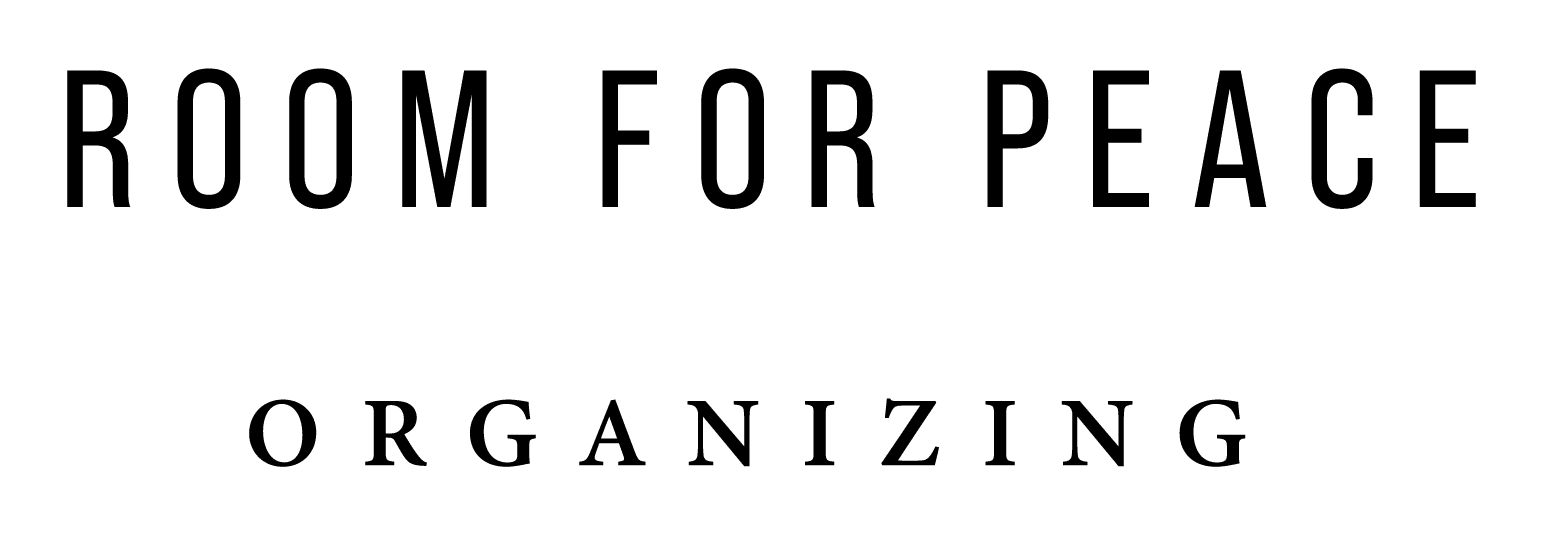Imagine walking into a kitchen to see the sink overflowing, water spilling all over the floor, soaking into the walls, and you had to think fast. Panicking, you see you’ve got a bucket, a mop or a plunger. What do you do first?
Why don’t we turn off the tap?
The true solution to clutter is simple. You have to address the sources of “stuff” that come flooding into your home on a daily, weekly, and monthly basis by strengthening the muscle of DECISION making.
When was the last time you made a purchase, and thought about the full life cycle of the item?
How was it made?
Where was it made, and by who?
How did it get to you?
Where and how did you find it?
Where will it go once in your possession?
Where will it end up once you’re through with it?
If you knew the answers to each of these questions- would you still make the purchase?
It’s rare that we think about items as an entire process, and because of this our spending tends to be quick and mindless. It is easier than ever to make careless choices as we bring new items into our lives.
We’ve gone from an environment of hardship and scarcity to one of abundance and ease. We can almost literally have anything we want by the click of the button, and delivered to our door within a day. Decisions that at one time would have taken weeks of deliberation are made on a whim, and often with little thought on the greater impact.
The result?
A loss of connection and consciousness with our possessions.
It’s no question as to how we got here. With large corporations pushing higher margins by reducing standards of labor and production, and big budget marketing campaigns invading our computer searches and media programming; our culture of hyperconsumerism has molded us into a society at the mercy of marketing mechanisms.
The better question might be how could we NOT be tempted to consume more and more; continuing to reach for the next THING that is promised to bring us happiness.
So the next time you consume or bring something new into your life, ask the question- Does this thing really make me feel happy?
Is it this thing that makes me happy, or is it just the high of something new?
Is it this thing making me happy, or is it just a distraction from the stresses in my life?
Is this thing making me happy, or is it just an attempted easy solution towards a deeper problem
A means to cease boredom? An item to fill a void? An illusion of purpose or reminder of a previous identity?
It’s human nature to look for distractions when faced with issues that we don’t believe we can solve ourselves. Clutter and consumption are very effective distractions.
Anyone can declutter and organize their space in its current state and bring it back to baseline. Without addressing the SOURCE of how it got to be so overwhelming in the first place- how can we assume it won’t return to that state?
Is clutter, and the process of decluttering, a natural cycle that should be expected to oscillate throughout ones lifetime?
I think we have the ability to choose a different way to live. A way that goes against the status quo of consumerism and is in line with our nature as empathetic humans.
We have the ability to decide that what we have is enough; to really look at each prospective possession through the lens of our values. If we stop overwhelming our brains and households with things we don’t really need, use, or value, we are left with so much time and energy to nourish our relationships, dive into goals and desires, and appreciate life as we have it. The concept of clutter can be a notion of the past- never to be returned to again.
It starts with TURNING OFF the flood source. Then we can deal with the messy stuff- both physical, mental and emotional…which I’ll dive into deeper in my next post!

